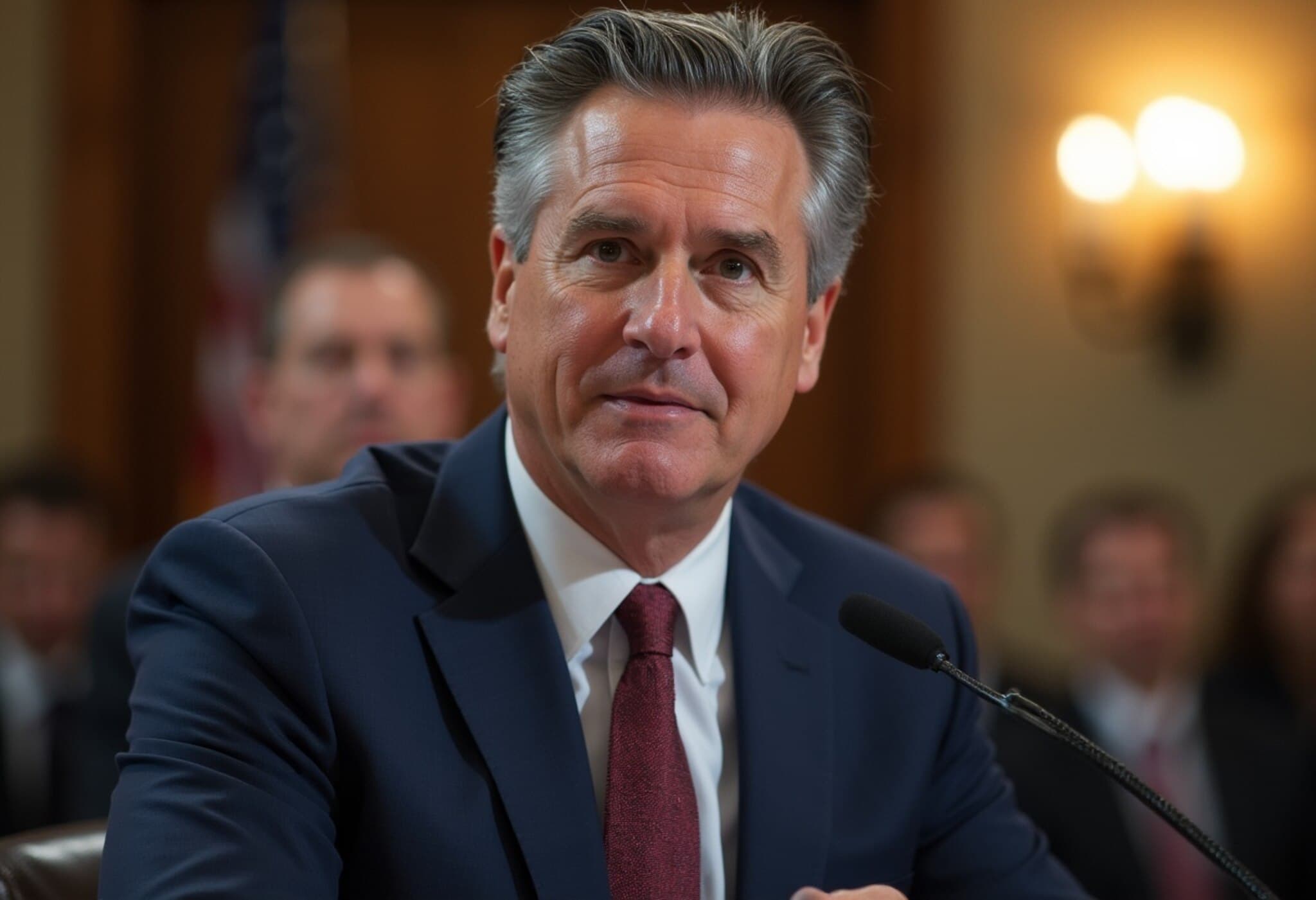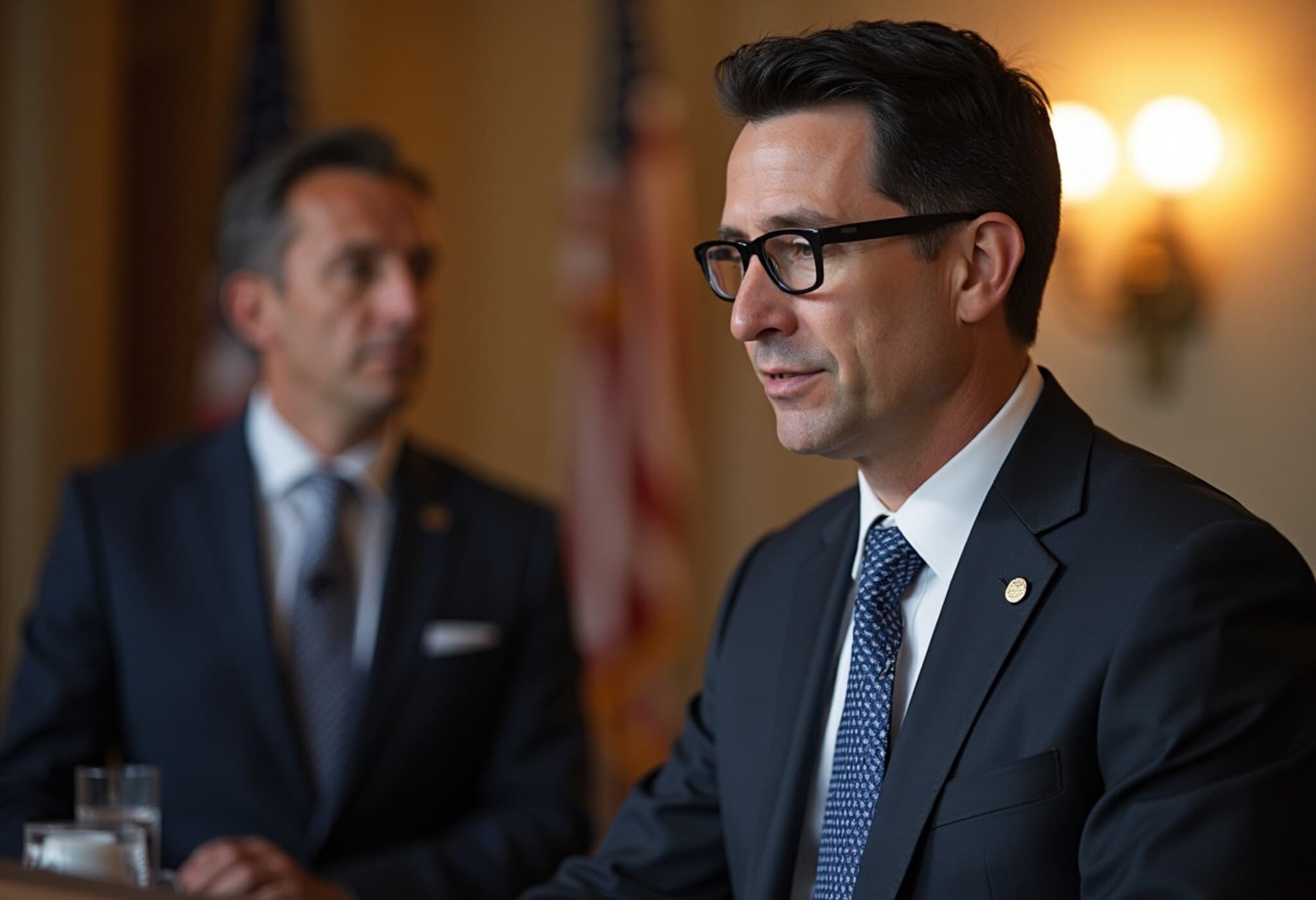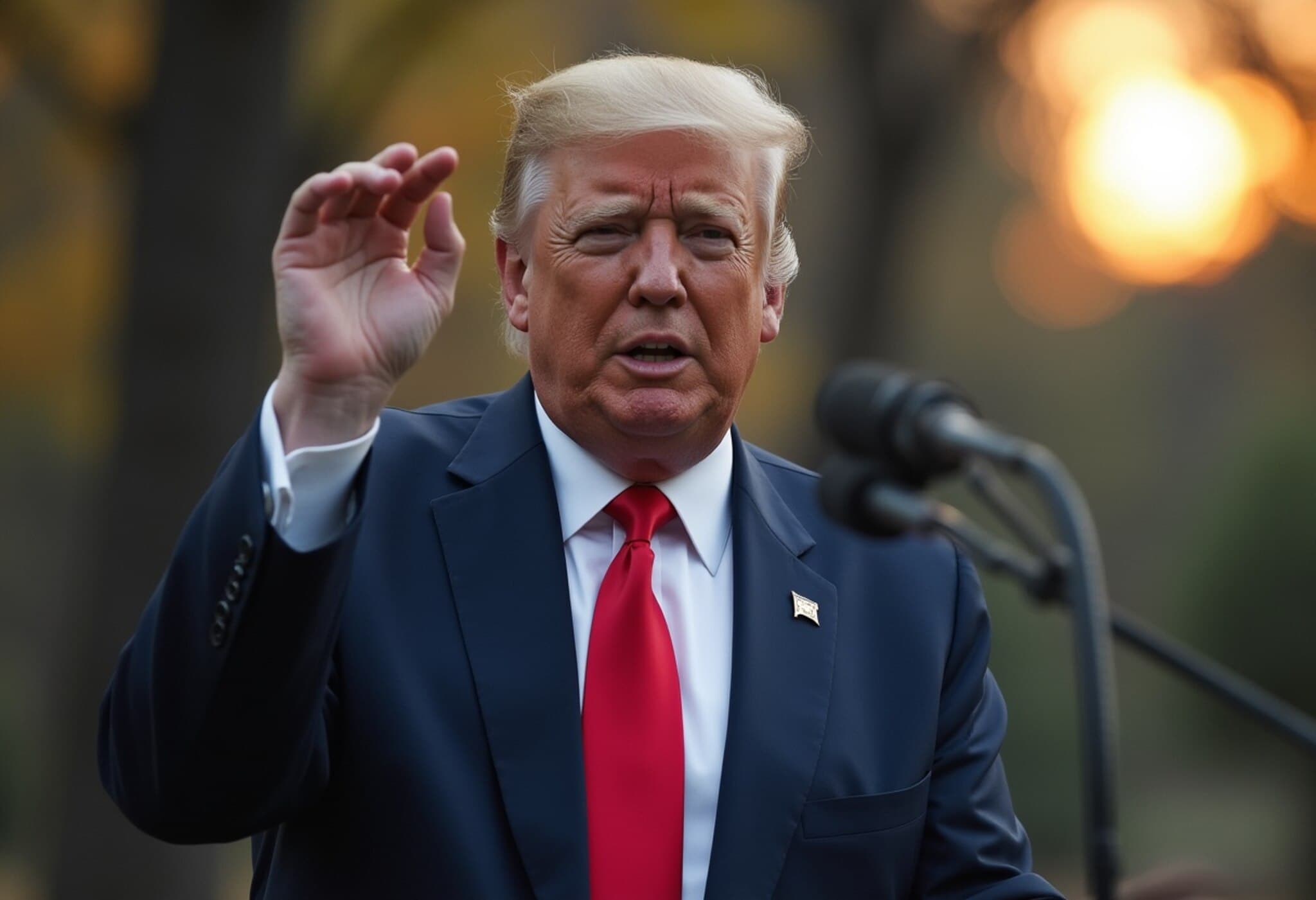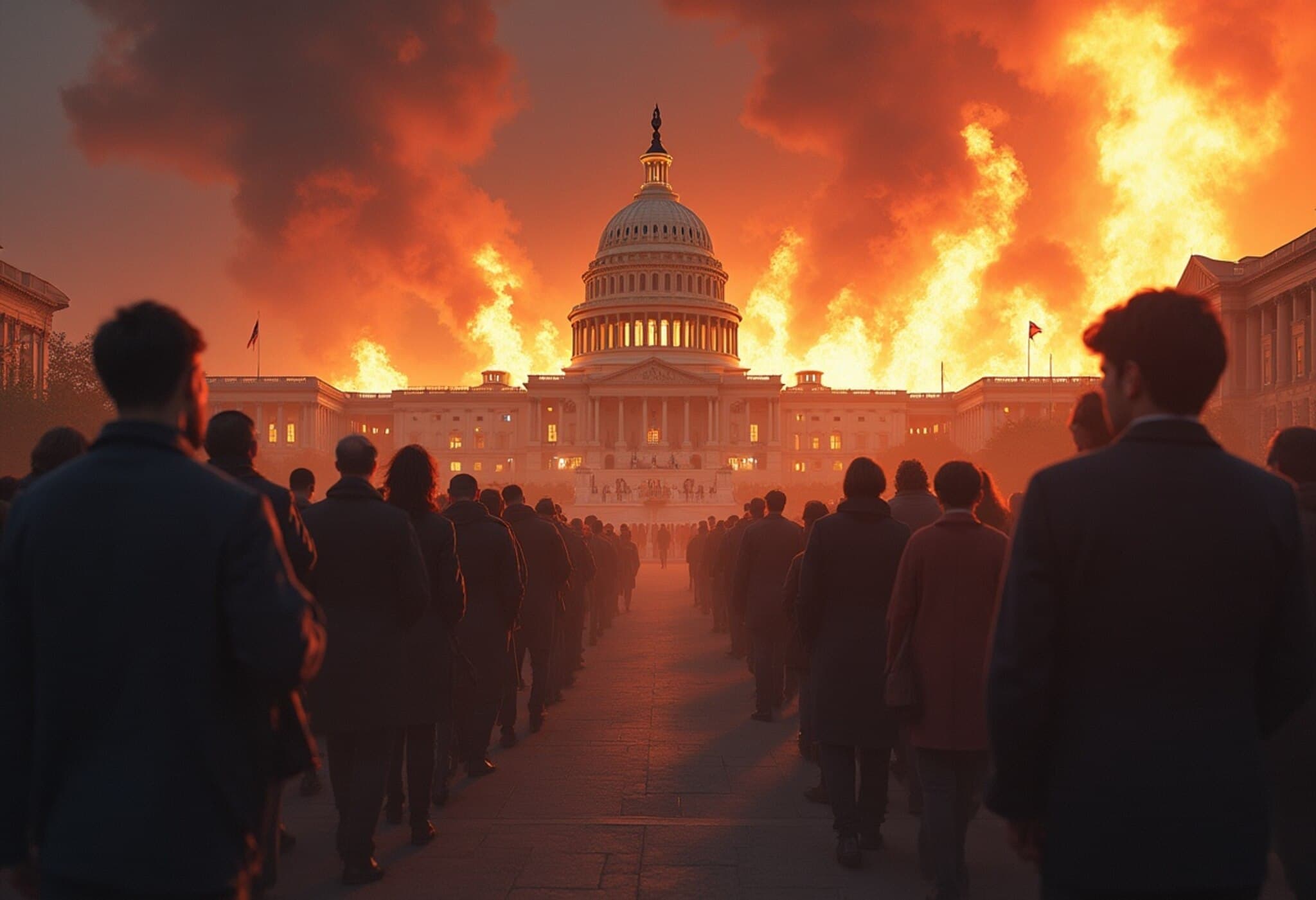California Governor Gavin Newsom Challenges Texas GOP Redistricting Plans
On August 11, 2025, California Governor Gavin Newsom sharply criticized efforts led by Republican lawmakers in Texas to redraw congressional district maps—a move he warns could exacerbate partisan gerrymandering ahead of the 2026 midterm elections. In a pointed letter addressed to former President Donald Trump, Newsom cautioned that if conservative-led states continue with what he describes as attempts to "rig" electoral boundaries, California will respond by revising its own maps to neutralize the political impact.
Redrawing Maps Amid Rising Political Tensions
The Texas legislature, dominated by Republicans, aims to create new congressional districts expected to add five additional Republican seats to the U.S. House of Representatives, intensifying the battle for control as Democrats only need to flip three seats nationwide to reclaim the House in 2026.
Newsom’s letter, laden with urgency, frames this initiative as a direct threat to democratic integrity, stating:
"You are playing with fire, risking the destabilization of our democracy, while knowing that California can neutralize any gains you hope to make."
The governor referred to the efforts as a "power grab," stressing that such manipulations run counter to the vision of America’s Founding Fathers and worsened by partisan tactics elsewhere—including in Democrat-led Illinois and California, where Republicans have previously accused Democrats of similar map rigging.
Political Stand-Off Escalates in Texas
This redistricting battle has escalated beyond legislative halls. In recent weeks, Democratic lawmakers in Texas have fled the state in an attempt to deny Republicans the quorum necessary to pass the new maps. Texas Governor Greg Abbott has responded sternly, warning that the absent Democrats will face arrest warrants upon their return.
The high-stakes conflict mirrors a broader national trend where redistricting battles are no longer mere technical exercises but flashpoints for partisan strife with real consequences for congressional control.
Trump's Position and National Implications
Former President Trump has voiced support for the Texas GOP’s redistricting plans, arguing that Republicans are "entitled to five more seats" and accusing states like California and Illinois of skewing their districts to favor Democrats.
Newsom counters this by emphasizing reciprocal action, suggesting California will aggressively redraw its maps in response unless the GOP-led states cease their efforts:
"If you will not stand down, I will be forced to lead an effort to redraw the maps in California to offset the rigging of maps in red states."
This tit-for-tat approach raises urgent questions about whether redistricting is becoming a new battleground where states weaponize electoral maps, risking a feedback loop of partisan escalation.
Expert Insight: Political and Legal Ramifications
From a policy perspective, these developments highlight the increasing volatility of redistricting cycles following the 2020 Census, especially as partisan control shifts in state legislatures. Experts warn this can undermine voters’ confidence in electoral fairness, potentially depressing turnout and fueling political polarization.
Legally, the situation touches on ongoing debates about the balance between state sovereignty in election administration and federal oversight intended to protect voting rights. The Supreme Court’s 2019 ruling in Rucho v. Common Cause limited federal courts’ ability to intervene in partisan gerrymandering cases, placing greater importance on political solutions and state-level protections.
What Lies Ahead?
- California’s potential redistricting battle could escalate tensions between states and intensify partisan gridlock.
- Democrats' strategies to combat GOP map changes might deepen interstate partisan polarization.
- The 2026 midterms will be a critical test of how these redistricting conflicts affect electoral outcomes and voter engagement nationwide.
While the White House has not yet commented on Newsom’s letter, ongoing developments suggest redistricting will remain a fiercely contested issue shaping the political landscape well into the midterm election season.
Editor’s Note
The showdown over redistricting between California’s Democratic leadership and Texas Republicans represents more than a mere political spat; it is emblematic of the deeply entrenched partisanship shaping American democracy today. As states use their redistricting powers to gain strategic advantages, voters risk losing faith in the impartiality of the democratic process. The question remains: Can the U.S. find a path forward that respects state autonomy while safeguarding fair representation?



















